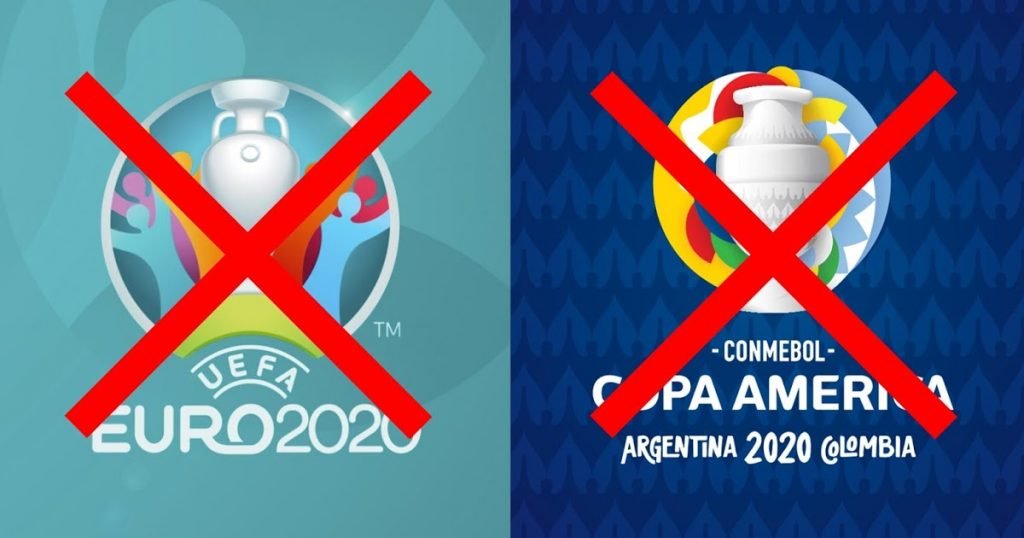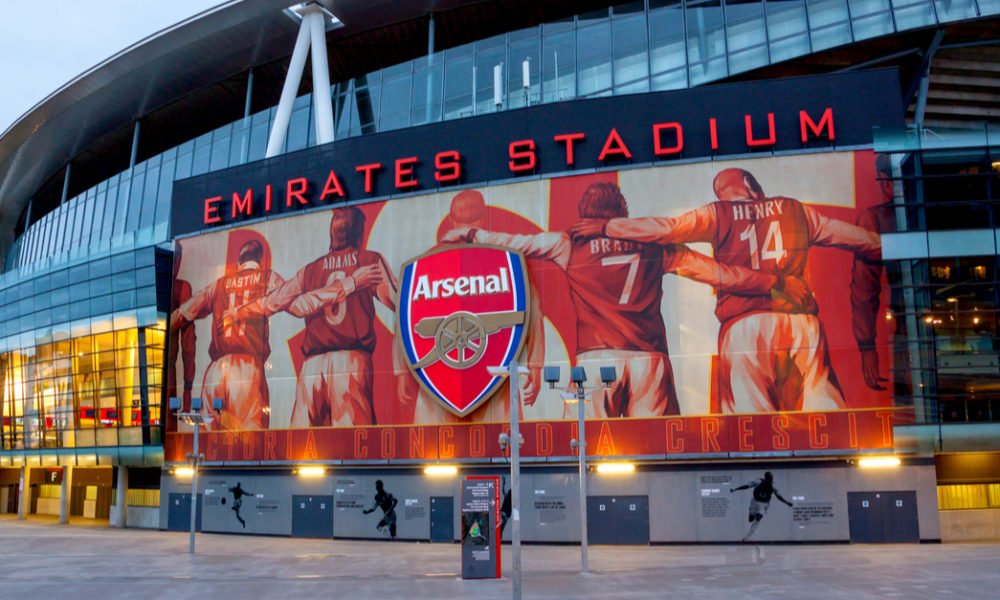With concerns over the spread of the COVID-19 virus mounting across the UK, it is increasingly looking like no industry will be left untouched. As well as thousands of flights being cancelled, major political meetings being postponed, and offices demanding that their employees work from home, it also seems clear that the sporting calendar will be profoundly affected for the foreseeable future.
So far, the London Marathon, Scotland’s International Cricket Series, the Welsh football season, and the Professional Darts Competition have been called off for the foreseeable, to name just a few. For anyone wondering whether Arsenal matches would be affected, the answer to that question arrived on 13 March. While a number of upcoming matches had already been postponed, when the Football Association, the Premier League, the EFL, and the FA Women’s Championship all collectively decided to postpone all fixtures for at least a month.
There is very little chance that restrictions will ease after this, which means that we may not be seeing another Arsenal match until the summer at least. However, this does not necessarily mean that there will be no matches at all. A number of major sporting events have confirmed that they will continue shortly, albeit without spectators.
The PGA Golf Tour will be going ahead across the spring and summer, but spectators are banned from attending. Similar rules have so far been implemented within the NCAA College Basketball tournament in the US, known as ‘March Madness’, and within Greek professional football, where a number of matches have already taken place without spectators present. This means that we may well see a return to regular fixtures later in the year.
However, there is little chance Arsenal fans will be able to watch the matches at the Emirates Stadium, and will instead have to make do with watching on TV. Matches may not even be played in an actual stadium at all, but rather at an indoor facility as a precaution, as has already happened in some other countries.

If this is the case, then the UK’s £2 billion football betting industry will likely emerge unscathed. Thanks to the digitization of the football betting industry, that has meant that the majority of bets are now placed online, players will be able to continue betting on football via the leading betting websites available in the UK. For those matches that will continue through the spring and summer, albeit under drastically different circumstances, betting should at least be able to continue as normal.
Of course, on the international stage, things may well be very different. With UEFA recommending that all international fixtures are taken off the table until the COVID-19 epidemic is under control, it looks highly unlikely that the 2020 Euros will be going ahead at all this summer.
Of course, the situation could change, but with countries around the world closing their borders and greatly restricting all forms of international travel, things don’t bode well for any international sports tournaments. Things may change for the Euros, given that the first fixture isn’t scheduled until mid-June, but given the current direction that things are moving in, any football in the near future is likely to be strictly domestic in nature.
While it is difficult at this stage to say anything conclusive about the world of football will look over the coming weeks and months, there is no denying that major change is underway. It is not a question of whether or not professional football will be affected, but rather of how much. We may still get to enjoy many of the same fixtures we are currently expecting, just in a different format. Only time will tell.




















